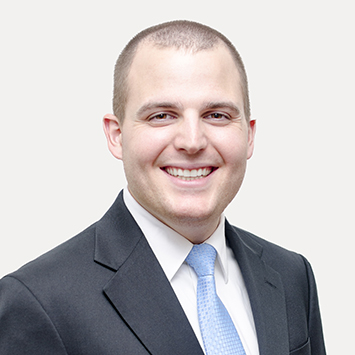Q&A: Why a Resident Physician Shouldn’t Wait to Figure Out Their Finances
Justin, I was given your contact info from a senior resident in my department. He said he meets with you and it’s been helpful, but I think he may be in a different financial situation than I am in. I am barely making ends meet so I’m not sure why I would meet with a financial advisor if I don’t have money to invest.
Sincerely,
Overworked and Underpaid
Dear Overworked and Underpaid,
I understand your initial reaction to your colleague’s suggestion. “Financial Advisor” is a vague job description. I know advisors who only manage investments. I know advisors who specialize in creating retirement income strategies. I know advisors who only work with people who possess a certain level of net worth. None of those advisors would be appealing or useful to a resident physician who is making a PGY1 salary, paying rent, and likely hundreds of thousands of dollars in debt.
The way I help my clients is holistic and starts with financial education because it seems that most Americans have little financial training or experience. It is important, as early in your career as possible, to have a thorough understanding of the following topics:
1) Student loan repayment options (IBR, PAYE, REPAYE, PSLF, refinancing)
2) The pros and cons of buying vs renting
3) What insurances you may not need, what insurances you should consider, and making sure you aren’t overpaying for the policies you do purchase
4) How to create an efficient, automatic savings strategy even if it’s a very small amount each month
5) The meaning of various investment terms that will eventually be a big part of your journey to financial independence
6) The difference between a 401k, 403b, governmental 457b, Roth IRA, taxable account, and 529’s
7) How to begin training yourself to be a healthy, efficient investor so you’re ready when you get to the point of investing
From my years of providing financial education to young physicians, I strongly believe that your two most valuable resources in the journey to financial independence are time and knowledge. The sooner you start learning the better off you will be. You don’t need a high income or a lot of investable assets to meet with a financial advisor. At least not with me.
2065892 / DOFU 03-2018
